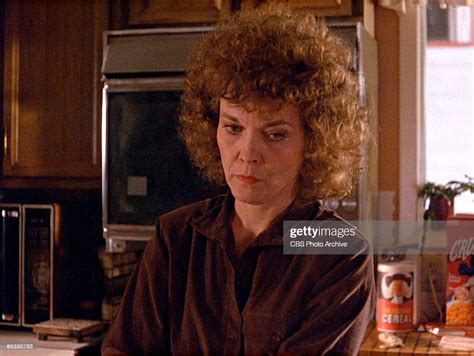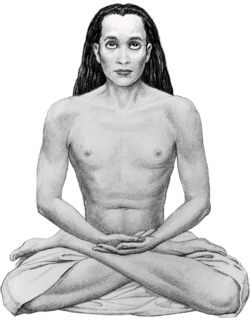A Quote by Billy Collins
The public is probably more suspicious of poets than women, and maybe for good reason.
Quote Topics
Related Quotes
Nearly all men and women are poetical, to some extent, but very few can be called poets. There are great poets, small poets, and men and women who make verses. But all are not poets, nor even good versifiers. Poetasters are plentiful, but real poets are rare. Education can not make a poet, though it may polish and develop one.
I'm more than a little suspicious of humor in poems, because I think it can at times be a way of getting a reaction out of a reader, or an audience, that is something closer to relief: i.e., thank god this isn't poetry, but stand-up comedy. Some poets are really funny, but more often poets are fourth rate stand up comics at best. But they benefit from the sheer relief of the audience.
Contemporary poets are skeptical and suspicious even, or perhaps especially, about themselves. They publicly confess to being poets only reluctantly, as if they were a little ashamed of it. But in our clamorous times it's much easier to acknowledge your faults, at least if they're attractively packaged, than to recognize your own merits, since these are hidden deeper and you never quite believe in them yourself.
We have more poets than judges and interpreters of poetry. It is easier to write an indifferent poem than to understand a good one. There is, indeed, a certain low and moderate sort of poetry, that a man may well enough judge by certain rules of art; but the true, supreme, and divine poesy is equally above all rules and reason. And whoever discerns the beauty of it with the most assured and most steady sight sees no more than the quick reflection of a flash of lightning.
Sappho is a great poet because she is a lesbian, which gives her erotic access to the Muse. Sappho and the homosexual-tending Emily Dickinson stand alone above women poets, because poetry's mystical energies are ruled by a hierach requiring the sexual subordination of her petitioners. Women have achieved more as novelists than as poets because the social novel operates outside the ancient marriage of myth and eroticism.
If you have more than one reason to do something (choose a doctor or veterinarian, hire a gardener or an employee, marry a person, go on a trip), just don’t do it. It does not mean that one reason is better than two, just that by invoking more than one reason you are trying to convince yourself to do something. Obvious decisions (robust to error) require no more than a single reason.
One of the surest tests of the superiority or inferiority of a poet is the way in which a poet borrows. Immature poets imitate mature poets steal bad poets deface what they take and good poets make it into something better or at least something different. The good poet welds his theft into a whole of feeling which is unique utterly different than that from which it is torn the bad poet throws it into something which has no cohesion. A good poet will usually borrow from authors remote in time or alien in language or diverse in interest.





































